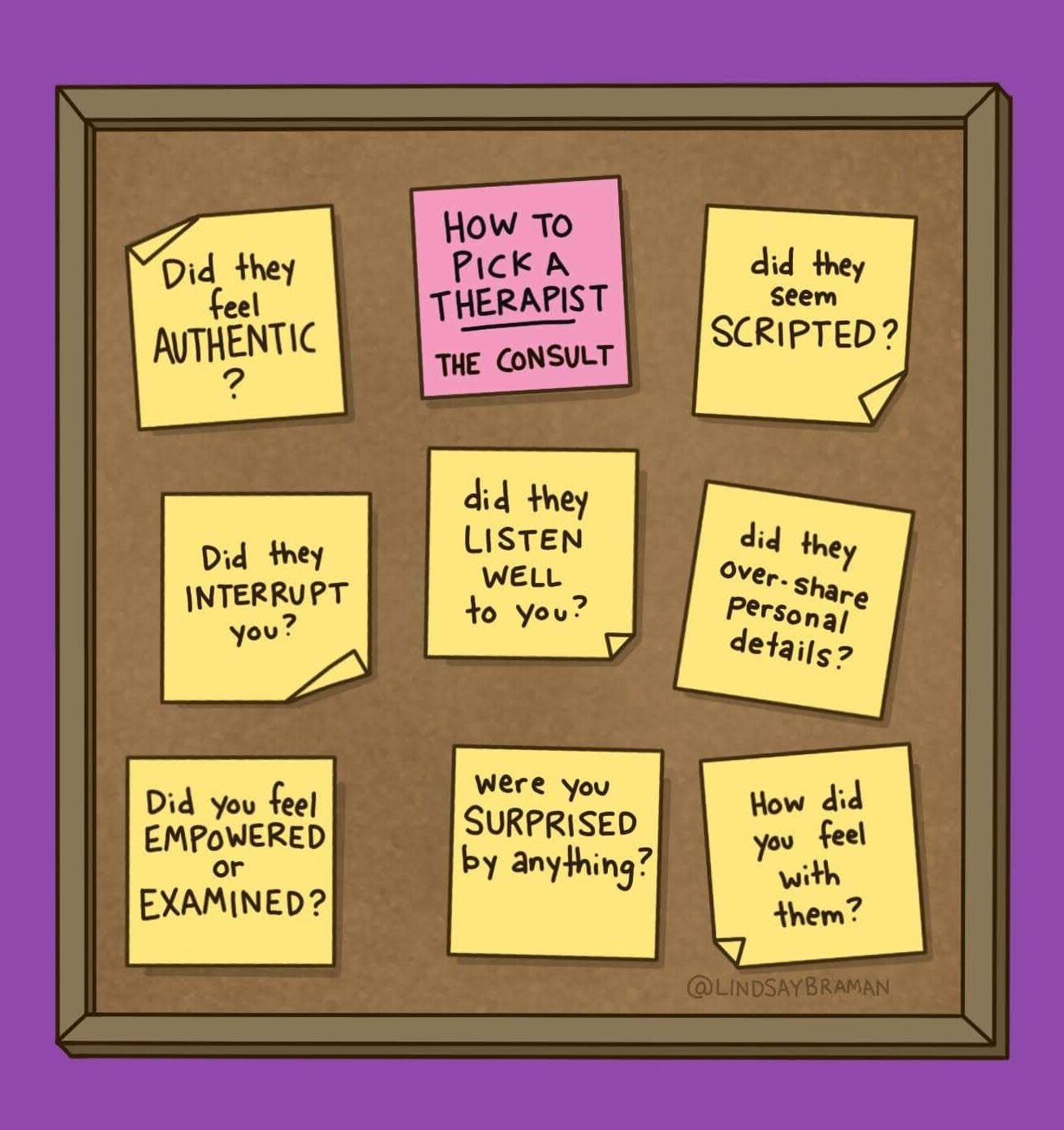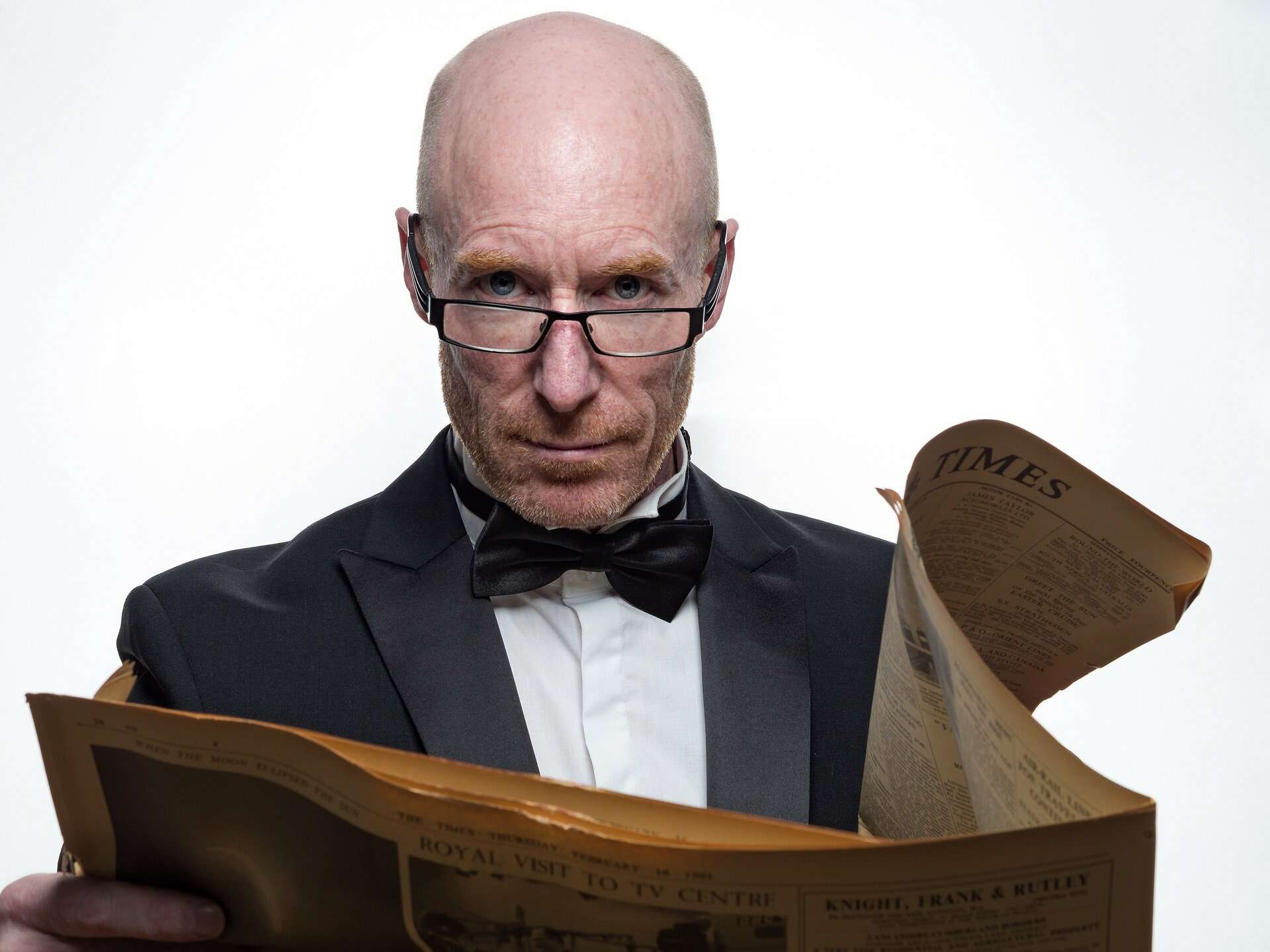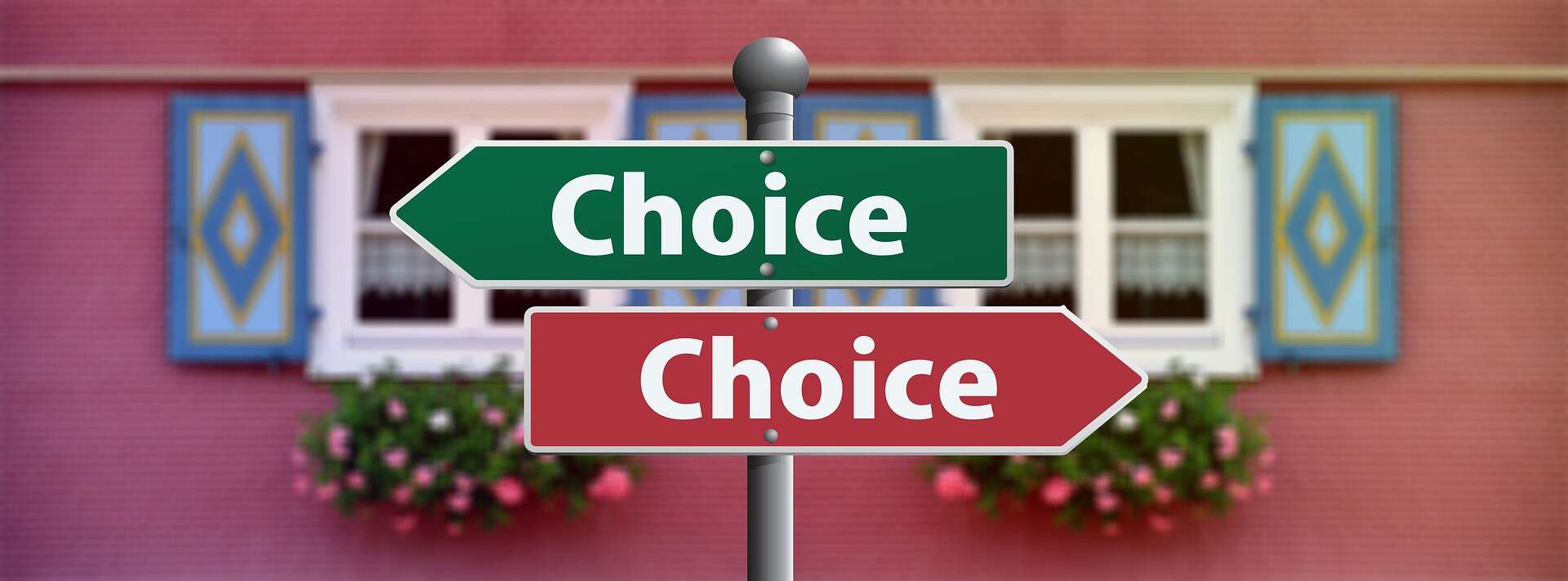Contents
Why you might need Choice.
Do you know how to choose the best counsellor for your needs? Taking the first counsellor (coach or other therapist) offered or found appears to be the only option for many of us.
We do have choices, if only we knew what to look for and what questions to ask. If you know what to look for in a good counsellor, you won’t have to use the first one you find (or keep going to sessions with one you don’t like very much). This can be especially true during Qualifications Month (July/August), when new counsellors get their diplomas and some start working privately after only one or two years of experience. How do you question such counsellors to discover if they might be suitable?
We might assume that the counsellor in front of us (maybe working out of your local GP’s surgery), has been thoroughly vetted long before you ever met them. But, even if someone else has looked at their credentials, how do you know if this counsellor is right for you? When you consider working with a private practice counsellor, how do you select one who is experienced, safe, and appropriate for your specific needs? What do you ask?
To help: here are thirteen important questions you must ask a new counsellor when you first meet.
Empower yourself to make an informed decision about your eventual therapeutic journey.

Interview your Counsellor.
My first piece of advice to you: interview your counsellor (which would also include you interviewing me!)
You don’t have to pick the first counsellor (or coach etc) whom you meet or have been allocated. You don’t have to feel as if you have to get things 100% right during a first session. Take a pressure off yourself, if you can.
A first session is a mutual interview anyway. The counsellor is determining if their approach seems suitable for you (something you can make use of). So… you too ought to be determining if what the counsellor is offering is suitable for you.
If going private, maybe budget to meet with maybe two or three counsellors for at least one (maybe more if it seems right) sessions to get a sense of if your choice of counsellor is working for you.
If meeting someone provided to you (NHS, insurance, company Employee Assistance Program or EAP) assure yourself that you’re fully in your rights to determine for yourself of this counsellor is right for you.
13 Questions to ask your Counsellor
During the initial sessions, a counsellor will have things they need to learn from you (sometimes they may ask you something directly, or they may ask you to take the lead in, or expand upon, a topic). But you’re also there to evaluate the counsellor, too.
It may help you if you prepare your questions in advance (and, for the record, legitimate/confident counsellors will have NO PROBLEM being asked anything about their profession and their service, though some may decline to answer personal questions about themselves).
You might think about asking:-
- What are your qualifications? This will tell you what the counsellor has trained in.
- How long have you been qualified? / How long was your training? Tells you what span of practice the counsellor has (e.g. a training course of two years doesn’t offer two years of counselling experience as counsellors will not be allowed to see new clients until a significant amount of the course has passed first).
- Explain your therapeutic framework to me in plain English. This not only gives you an overview you can understand, it will also allow you to see if the counsellor themselves understands their approach at a deep level (as opposed to, say, implementing it by rote )
- During training, how long were you in your own counselling? Some courses require a student to be in personal counselling during the whole of the course. Some courses only a few sessions, and some have no requirement for personal therapy at all. Consider your needs from your counsellor: did they receive sufficient first-hand experience of the counselling model they practice, or might they have received insufficient experience.
- You say you specialise in A, B, C – what kind of professional development or training supports this claim? Unfortunately, some therapists think that personal life situations, experiences or health conditions count as sufficient for a formal specialties (e.g. living with ADHD suggesting to the counsellor that they could specialise in working in therapy with others having ADHD; in fact this criterion, in the absence of suitable continued professional development (CPD), provides them with little-to-no professional competence of offering a specialty in neurodevelopmental issues).
- How are you qualified to work with Gay Couples / Lesbian Couples / Queer Couples / Mixed Sexuality Couples (etc)? This will tell you if the original training catered for LGBT/QIA matters or if the counsellor has taken additional training since qualifying (eg continued professional development).
- How long have you been in practice? / How long have you been in training? This will tell you something of the counsellor’s experience.
- How do you ensure that you’re practising to the best of your ability? You’re looking for how the counsellor manages difficulties beyond their training, experience or anticipation (e.g. the counsellor has consultation or supervision arrangements in place with another professional).
- What insurance arrangements do you have in place? Counsellor should have some form of indemnity insurance in case of legal action, and public liability insurance to protect you if meeting on their premises etc.
- Of which Professional Membership Organisation/s are you a member? This will tell you either something about the counsellor’s rationale for choosing the organisation, or that they haven’t really thought about why (which would be an interesting follow up question).
- Do you have any accreditation or additional certification? This will tell you something about the counsellor’s professional choices post qualification. Accreditation is a kind of vetting process of experience. Certification tells you something about the counsellor’s choice of post-qualification training.
- (Occasionally) I know you from the television / radio / newspaper; how will you keep what I discuss private? It’s true that some therapists are known in other professions, and there’s nothing wrong with this. But you need to know how a counsellor has actively thought about keeping one professional separated from the other so that your professional relationship is kept confidential and your material doesn’t appear in their other profession without having given your express permission first.
- (Best asked after the first session) What have you made of me / my problems / what I’ve spoken about today… based on your professional opinion? This isn’t meant to offer you the therapist’s prescription; rather it’s meant to allow you to see how the therapist may be processing what they have learned from you today. You may not get a direct answer – some legitimate approaches don’t quite work like that – but you will get some form of response that might help you judge how the counsellor is working with the session.
Listen to the replies you receive and trust your instincts.
Do you get a good feeling that this counsellor is answering with authenticity, or avoiding your questions?
Does this counsellor feel right for you as the engage in (or avoid) your curiosity? Could you see yourself working for a handful of weeks or even months (and sometimes years) with this counsellor?
Certainly if you get a distinctly unsettling feeling about the counsellor, therapist or coach: try and put that into words to the therapist themselves (and notice how you feel when they respond to what you’ve said; this may be very helpful when you begin to evaluate if you want to work with this person or not). Sometimes a therapist may have a good reason not to answer your question directly (or at all – for example if you ask a personal question about their sexuality), but do you get the sense of them having good reasons to decline your question, or a sense of a therapist who is avoiding something.
By interviewing your potential couple counsellor or coach you can save yourself money (and potential distress) by making sure you’re picking the right one at the beginning of your therapy together.
If a Counsellor isn’t right for You.
Firstly, let me tell you why enabling this choice in you is important.
It’s been documented how the relationship between therapist and client(s) is as important as the counsellor’s therapeutic qualifications & practice (how they counsel). It’s the relationship that matters.
Hence… if the relationship turns sour (or wasn’t ever good in the first place) then the therapy is cannot be expected to go very well.
Speak Up!
- If you’re not feeling good about your counsellor, even having worked with them for a while, try to put those feelings into words.
- Tell the counsellor what you or you & your partner are experiencing.
- A good counsellor will listen and try hard to understand your / your needs. They might ask you some clarifying questions about what you’re saying – and this is to help them understand you better.
- If you cannot put your feelings into words, try this simple feedback technique, saying:
- What is working for you.
- What is not working for you.
- What you would like to see done differently.
- Remember that you have the right to feel content about working in counselling. Even when you’re working on some difficult, traumatic or terrible feelings you still have the right to feel that the work you’re doing with your counsellor feels contentful.
Go Elsewhere
If things aren’t working out, your feedback hasn’t been embraced, or you just can’t tell the counsellor how uncomfortable their approach makes you feel, then stop going to the counsellor.
- If going private send an email saying you don’t wish to attend any longer.
- You could just stop going, but even counsellors who struggle engaging with clients need feedback that they can work on.
- If attending a GP/NHS/EAP Counsellor, contact the supplying organisation and say, plainly, that the counsellor is not suitable for you. You don’t have to go into lots of personal details to justify yourself (and if you are asked for your reasons give simple, plain responses whilst protecting your own privacy).
‘Qualified’ doesn’t automatically mean ‘Couple Counsellor’
A majority of counsellor qualifying training in the UK sets up people to practice counselling with individuals (there are greater qualifications that cover multiple-discipline counselling, but these aren’t the norm).
However, couple counselling is not about working with two individuals (eg multiplying what the individual counsellor is qualified to do … by two!).
For example, the systemic/psychodynamic theoretical model employed by Dean Richardson recognises not two people as his clients but one relationship that the people are bringing. The relationship is the client. Individual counsellors would struggle to recognise this.
Dean maintain a neutral position focussing on your relationship and what’s getting in the way of the two of you being able to pull together to make the one couple relationship successful.
A someone who has attended post-graduate training courses in couple counselling, Dean has witnessed (fully qualified) individual counsellors (who choose to accept couple enquiries) bring varied questions forward along the theme of: “why doesn’t my {individual counselling} approach work with this couple problem?”.
The answer, basically, the (individual) counsellor was not the best tools for the (couple) project.
*Terminology
Recognised qualifications
If you look on services like Wowcher you might see adverts such as: “Become a Fully Qualified Psychotherapist with this training course (£49.99 / 2 days/weekend)”. They exist … but this would not be a recognised qualification (producing a not-very-well-prepared psychotherapist, IMHO).
Good training and qualifications vary in the UK, but a couple of tips to look for:-
- Is the training organisation recognised/evaluated by other organisations? Look out for keywords like BACP / British Association for Counselling & Psychotherapy, UKCP / United Kingdom Council for Psychotherapy, COSCA / Counselling & Psychotherapy in Scotland. Also, recognised universities train counsellors too.
- Can the counsellor themselves justify why they took the training they did (is their rationale sound, rather than “it was cheap”?)
- Did the qualification require a minimum number of hours supervised practice (ie meeting clients in real life. Around 100 hours before the course was completed)? Otherwise, was the qualification about learning theory but involved no practical assignments?
- If qualified, has the counsellor attained a minimum of diploma (level 5). A “certificate of attendance” would not be sufficient.
- If still in-training, has the counsellor established appropriate insurance and supervisor support (see below)?
Experience
Some counsellors – such as trainees – will have little actual experience of working with a real, live client. However, many will have had at least a year of prior training to prepare them with a framework to use as they begin working with people.
A trainee counsellor is not necessarily a bad one (in fact, some studies have shown that some people rate such counsellors as “Good / Very good” because all the counsellor knows to do well is… listen!
Insurance
Does the counsellor have public and private indemnity insurance (if in private practice) or has the organisation they work within provided such insurance.
Supervisory support
Sometimes called supervisors, sometimes called consultants, this is a process where the counsellor has engaged a professional to meet on a regular basis (eg 90 minutes minimum monthly) to discuss their clinical work, any difficulties they’re struggling with, any problems that came up in the work with clients.














0 Comments